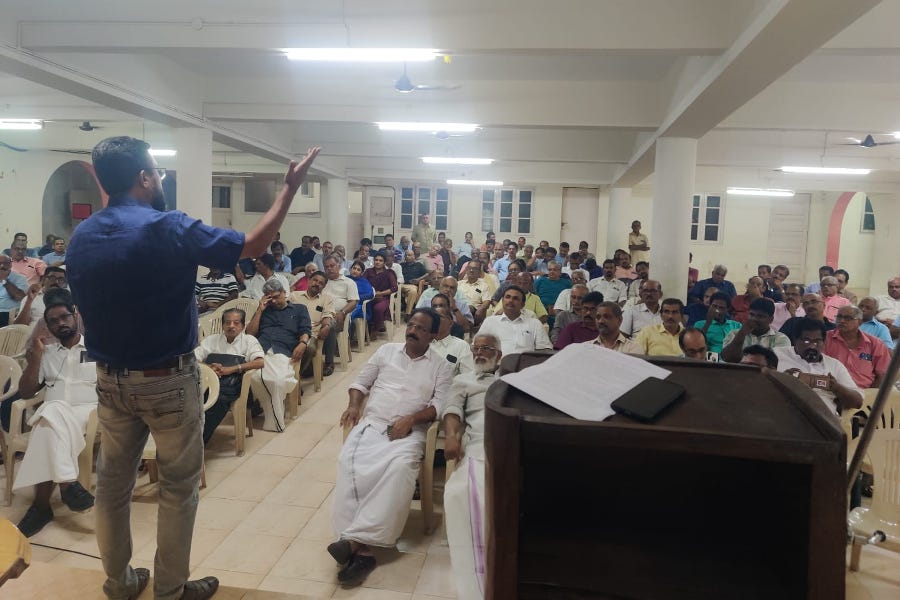Syro-Malabar priests given new ultimatum
Clergy who fail to adopt the new uniform liturgy by July 3 ‘will be considered to have left the communion of the Catholic Church.’
Syro-Malabar Church leaders in India announced Sunday that clergy who refuse to adopt a new form of the Eucharistic liturgy by July 3 will be considered to be in schism and barred from priestly ministry.

Major Archbishop Rapha…
